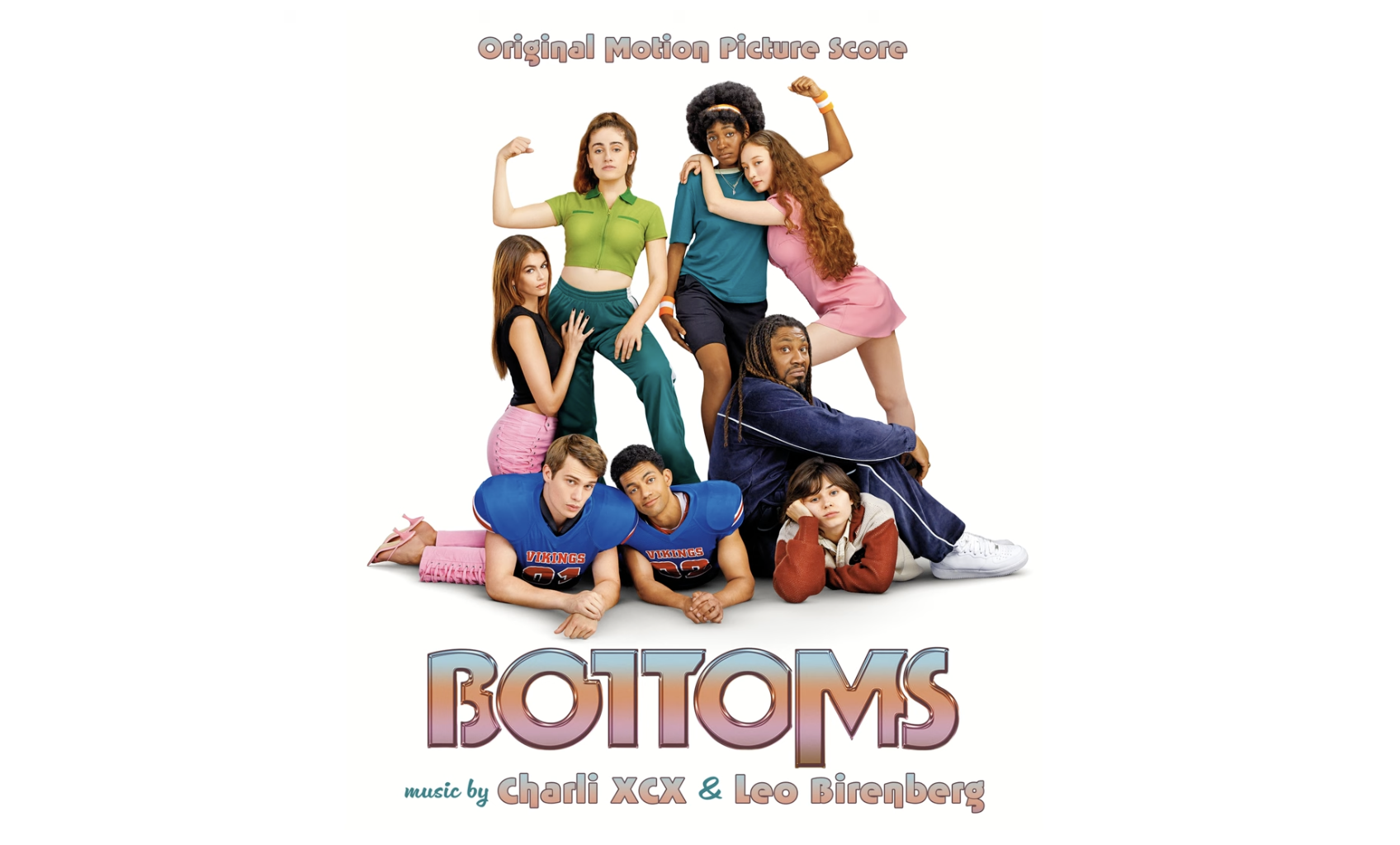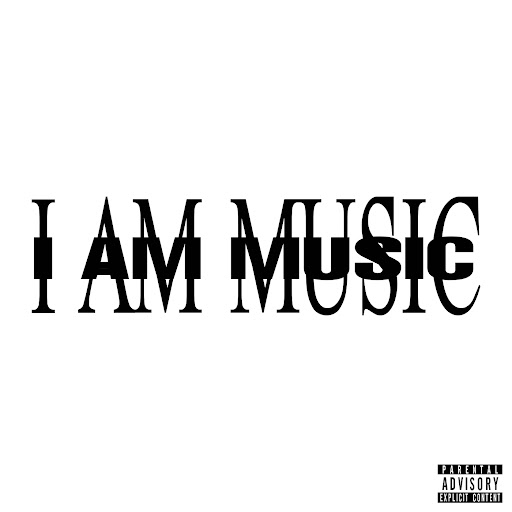
Emma Seligman, of “Shiva Baby” fame, is at the helm of the newest queer film “Bottoms.” Released Aug. 25, the film stars Rachel Sennott and Ayo Edibiri as PJ and Josie, a pair of seemingly unpopular high schoolers who start a feminist fight club to lose their virginities to the most popular girls in school.
The two create an elaborate lie that they went to juvie to seem experienced to teach their classmates about self-defense. The lie grants PJ and Josie credibility, allowing for the start of the feminist fight club. The participants of the fight club find female solidarity in talking about their shared traumas and how it feels to be a woman in a male-dominated society.
However, the lie is exposed by Jeff (Nicholas Galitzine), the star football quarterback, and his sidekick Tim (Miles Fowler), who are the film’s main antagonists—leading to the downfall of PJ, Josie and their club. Despite their lie being exposed, the participants of the fight club come together at the end of the movie, protecting Jeff from the rival football team.
The film ends with a bloody battle on the football field between the fight club and the rival team. In the end, we see strong female friendships and queer relationships prevail despite the efforts by men to pin them against one another.
Despite the film’s comedic and sometimes outlandish events, there lies something more significant in its message. “Bottoms” takes the male-dominated genre of these so-called “fight films,” such as “Fight Club,” and instead places young, queer women at the center of the story. “Bottoms” pokes fun at the “alpha man” archetype by showing Jeff and Tim wearing their football uniforms for the movie’s duration. Despite their hyper-masculine appearances, the film depicts them acting like the misogynistic stereotypes given to women.
Not only does “Bottoms” bring comedy, but it also sends a strong message of female and queer empowerment. Putting lesbian relationships at the forefront of the film in a previously male-dominated genre is a welcome and much-needed change in Hollywood. “Bottoms” opens up conversations for queer representation in media, which is currently lacking.
Looking back on film history, only a few movies with this representation come to mind, the most notable film being “But I’m a Cheerleader.” Regarding representation and effect on societal conversations, “Bottoms” is our generation’s “But I’m a Cheerleader.” While “Bottoms” is not necessarily a groundbreaking film, it does grant unprecedented representation for the LGBTQ+ community.
The film is making changes within the industry that are desperately needed, and hopefully, we will see more of it in the future. “Bottoms” is a movie made by the girls, for the girls.









Olivia • Oct 20, 2023 at 10:29 am
Brought tears to my eyes! What beautiful verbiage, it’s so insightful I had to share with my grandchildren. Thank you for changing my life??
Bella • Oct 19, 2023 at 4:07 pm
I loved everything about this review. Great work!!
Catie • Oct 17, 2023 at 7:18 pm
beautiful review!